All Formats & Editions
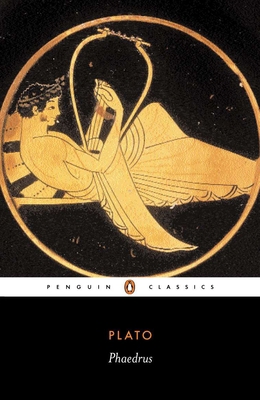
Phaedrus
Phaedrus is widely recognized as one of Plato's most profound and beautiful works. It takes the form of a dialogue between Socrates and Phaedrus and its ostensible subject is love, especially homoerotic love. This new translation is accompanied by an introduction, further reading,...
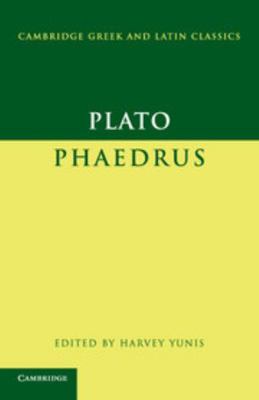
Plato: Phaedrus
Ostensibly a discussion about love, the debate in the Phaedrus also encompasses the art of rhetoric and how it should be practised. This new edition contains an introductory essay outlining the argument of the dialogue as a whole and Plato's arguments about rhetoric and eros...
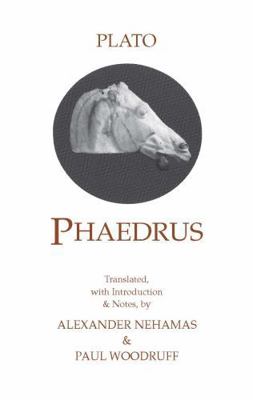
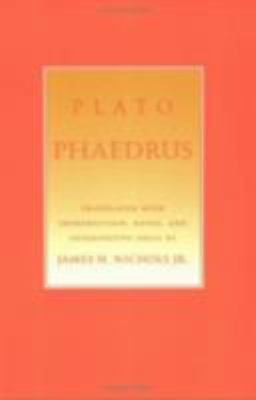
Phaedrus: Letter to M. D'Alembert on the Theatre
With a masterful sense of the place of rhetoric in both thought and practice and an ear attuned to the clarity, natural simplicity, and charm of Plato's Greek prose, James H. Nichols, Jr., offers a precise yet unusually readable translation of one of the great Platonic dialogues...
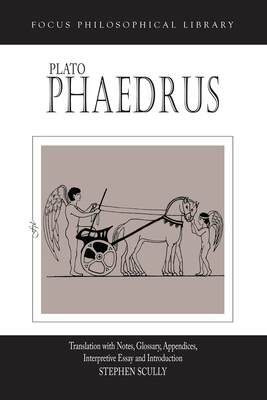
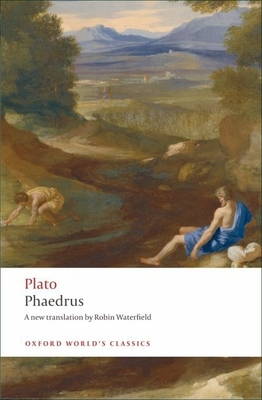
Phaedrus
Phaedrus is widely recognized as one of Plato's most profound and beautiful works. It takes the form of a dialogue between Socrates and Phaedrus and its ostensible subject is love, especially homoerotic love. Socrates reveals it to be a kind of divine madness that can allow our...
![Platon, Oeuvres Completes: Tome IV, 3e Partie: ... [French] 2251003797 Book Cover](https://m.media-amazon.com/images/I/21KA2phjjVL._SL500_.jpg)
Platon, Oeuvres Completes: Tome IV, 3e Partie: ... [French]
Sur les bords du fleuve Ilyssos, Phedre et Socrate devisent, a l'ombre d'un platane, pour se proteger du soleil. C'est dans ce climat d'amitie et de simplicite que se deroule l'un des plus grands dialogues platoniciens. L'immortalite de l'ame, le mythe de l'attelage aile, celui...
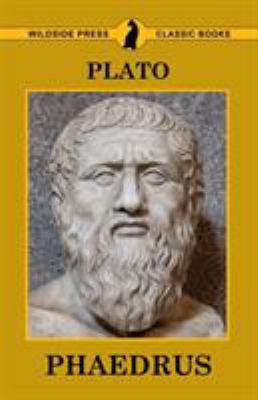
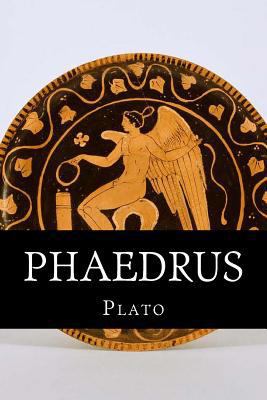
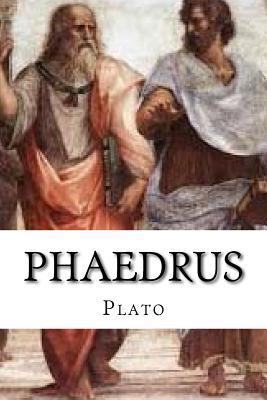
Phaedrus
The Phaedrus is closely connected with the Symposium, and may be regarded either as introducing or following it. The two Dialogues together contain the whole philosophy of Plato on the nature of love, which in the Republic and in the later writings of Plato is only introduced...
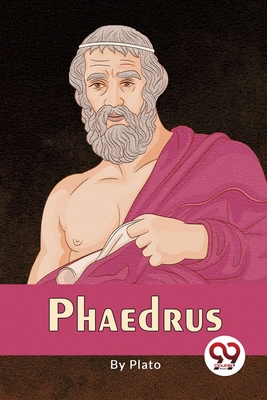
Phaedrus
Socrates and Phaedrus, an interlocutor in multiple dialogues, engage in a conversation in Plato's work The Phaedrus. Like Plato's Republic and Symposium, The Phaedrus was probably written around 370 BCE. Although the dialogue is apparently about the subject of love, it actually...
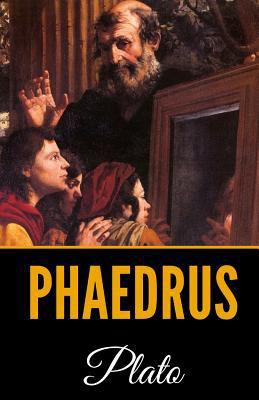
Phaedrus
The Phaedrus is closely connected with the Symposium, and may be regarded either as introducing or following it. The two Dialogues together contain the whole philosophy of Plato on the nature of love, which in the Republic and in the later writings of Plato is only introduced...
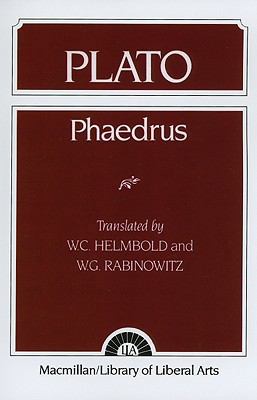
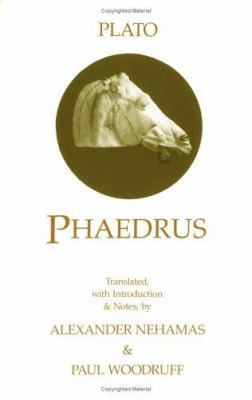

Phaedrus
This anthology is a thorough introduction to classic literature for those who have not yet experienced these literary masterworks. For those who have known and loved these works in the past, this is an invitation to reunite with old friends in a fresh new format. From Shakespeare's...
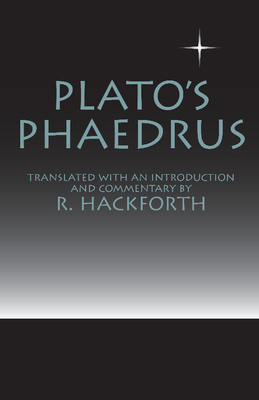
Plato's Phaedrus
Text with facing translation, commentary and notes.
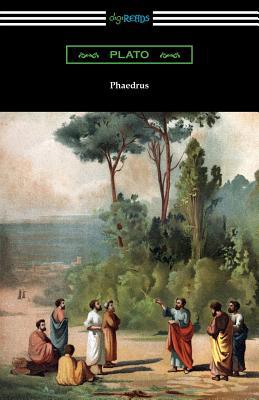
Phaedrus
Plato's "Phaedrus" is a dialogue between Phaedrus and the great Greek philosopher Socrates. Phaedrus has been spending the morning with Lysias, the celebrated rhetorician, and is going to refresh himself by taking a walk outside the wall, when he is met by Socrates, who professes...
![Plato: Phaedrus [Greek, Ancient (to 1453)] 0856683140 Book Cover](https://i.thriftbooks.com/api/imagehandler/l/906846B32716E01AA8C0DF34B35D549DF0926C48.jpeg)
Plato: Phaedrus [Greek, Ancient (to 1453)]
The dating of the Phaedrus has been hotly debated: sometimes it has been counted among Plato's earliest works; sometimes with the dialogues of the 'middle' period (Phaedo, Symposium, Republic); sometimes with the late works (e.g. Sophist, Statesman).

Phaedrus
The Phaedrus is closely connected with the Symposium, and may be regarded either as introducing or following it. The two Dialogues together contain the whole philosophy of Plato on the nature of love, which in the Republic and in the later writings of Plato is only introduced...

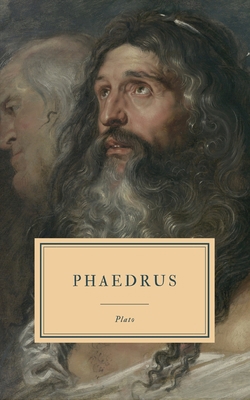
Phaedrus
Complete and unabridged edition. The Phaedrus, written by Plato, is a dialogue between Plato's protagonist, Socrates, and Phaedrus, an interlocutor in several dialogues. The Phaedrus was presumably composed around 370 BC, about the same time as Plato's...

Phaedrus
Phaedrus is widely recognized as one of Plato's most profound and beautiful works. It takes the form of a dialogue between Socrates and Phaedrus and its ostensible subject is love, especially homoerotic love. Socrates reveals it to be a kind of divine madness that can allow our...
![Phèdre (Philosophie) (French Edition) [French] 2080712683 Book Cover](https://m.media-amazon.com/images/I/61rgmAJH7vL._SL500_.jpg)
Phèdre (Philosophie) (French Edition) [French]
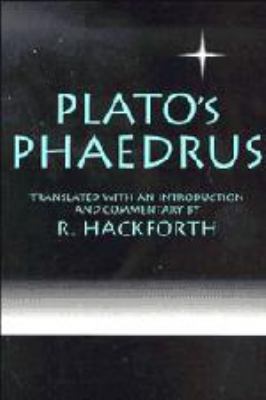
![Fedro: Testo greco a fronte (Testi a fronte) (I... [Italian] 8845290654 Book Cover](https://m.media-amazon.com/images/I/216uvdb+NCL._SL500_.jpg)



